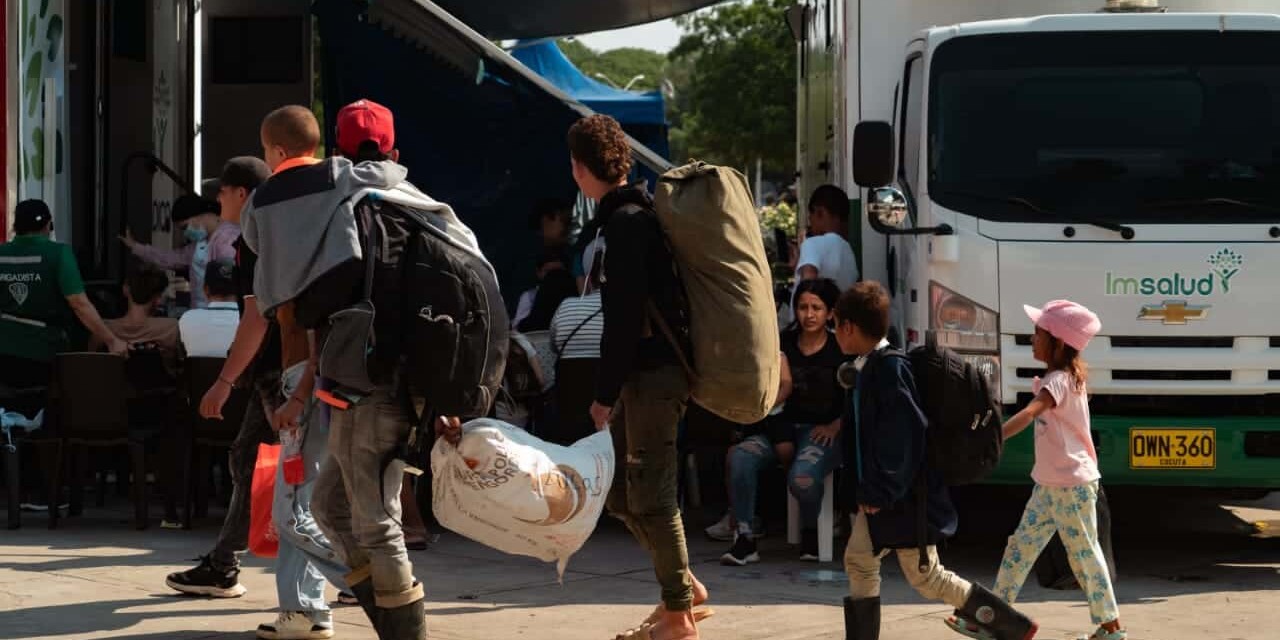Executive Summary
Since the January 12, 2010 earthquake in Haiti, women and girls living in the internally displaced persons camps face alarming rates of rape and other forms of gender-based violence. In many camps, the rate of gender-based violence has exploded to three times pre-Earthquake levels.
Along with our Global Associate Malya Villard-Appolon, we have continued to partner with the organization she co-founded, KOFAVIV, as well as the Bureau des Avocats Internationaux (BAI), the Institute for Justice and Democracy in Haiti (IJDH) and its network of partners throughout Haiti to pioneer and support a women-led, community-based pilot security platform in one representative displacement camp. This project builds on the strategy developed and implemented by KOFAVIV, the Goldin Institute’s experience in creating grassroots partnerships for social change and the BAI / IJDH’s capacity for legal advocacy in Haiti.
Working with leaders in other sectors of Haitian society, including the police, MINUSTAH, the Bureau des Avocats Internationaux and medical providers, this program has integrated protection, awareness, legal advocacy, healthcare, public awareness and grassroots women’s leadership to fight against the scourge of violence against women and girls.
{loadposition haitislideshow}
Through this effective project, the reported incidents of rape in the Place Petion camp have been brought to zero since March 2011. Beyond this immediate reduction in rape, the security team has made significant progress in identifying and eliminating domestic abuse through trainings, interventions and public awareness.
In addition to the immediate impact of improved security in the Place Petion camp, this project has made visible the efficacy of direct partnership with grassroots women’s groups who have largely been cut out of the rebuilding process in post-earthquake Haiti.
We are inspired to build on this successful model and our work has been ongoing. While the circumstances of continued displacement of the camps by the Government of Haiti has made long-term planning difficult, we are proud of the accomplishments made since 2012:
- We were able to drastically reduce violence against women and improve the sense of security in the Place Petion Camp up until its date of closure in 2013.
- We expanded the initial project into five additional camps in partnership with KOFAVIV by pairing trained male security team members from Place Petion with women agents already active in the targeted camps.
- We assisted KOFAVIV in documenting the project to aid in replicability to other sites and enabled successful fundraising for the project.
We hope you will join us in promoting women’s leadership in the fight to end violence against women and girls in Haiti.


